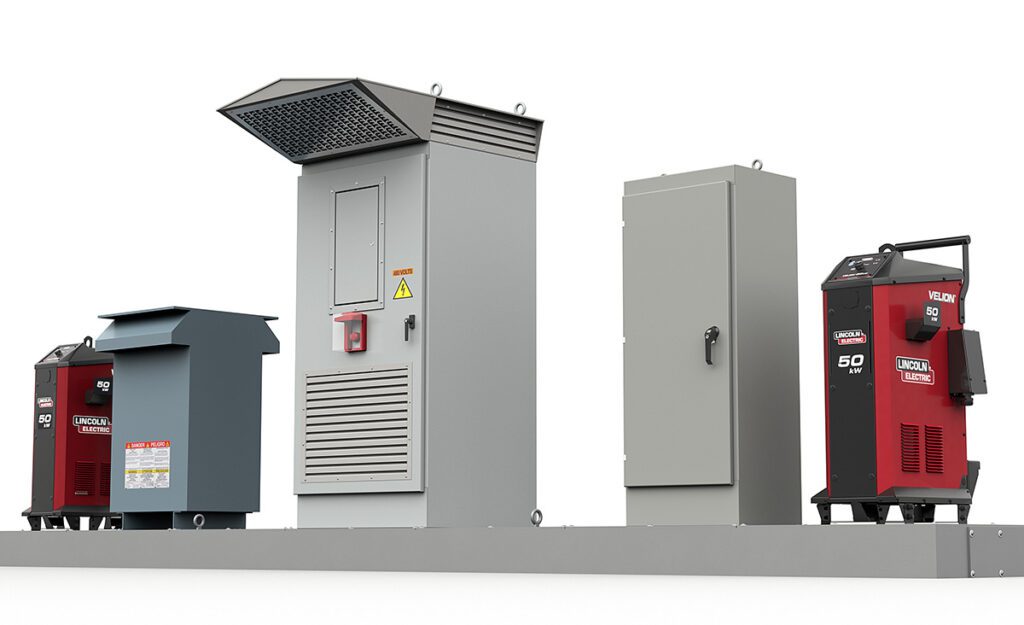St. Louis-based Bitrode has announced a significant improvement in the rise time of its FTF line of pack testing equipment. A reduced rise time allows the battery chemist, pack designer or testing laboratory to test battery pack designs to performance levels expected to be seen in actual use.
The transient time for the current ramp in a Bitrode FTF from 10%-90% of full charge has been decreased from approximately 15 milliseconds (ms) to less than 4 ms. For 0%-100% charge, transient time has been decreased from 15 ms to less than 8 ms, with no over-shoot. When operating in battery simulator mode and regulating output voltage, Bitrode’s FTF products accommodate fast load current transitions from 0%-100% in less than 3 ms.
Bitrode’s FTF can be used to test sudden and demanding load changes from motor drives and similar components, as part of drive-cycle stress testing of batteries and packs, as well as charging/discharging banks of ultracapacitors.
“Bitrode recognizes the increasing demands of the EV/HEV battery testing industry,” said Product Engineer Shawn Dickinson. “The release of the high-power FTF-HP last summer, together with this dramatic improvement in rise time, demonstrates our commitment to provide innovative industry-leading solutions for the electric vehicle and energy storage industries.”
MORE: The battery industry insiders: Q&A with the Bitrode Corporation
Source: Bitrode




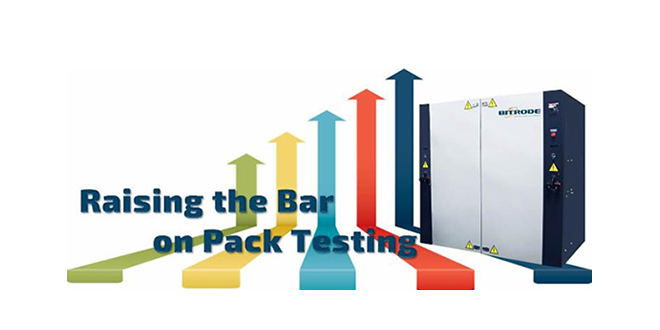








































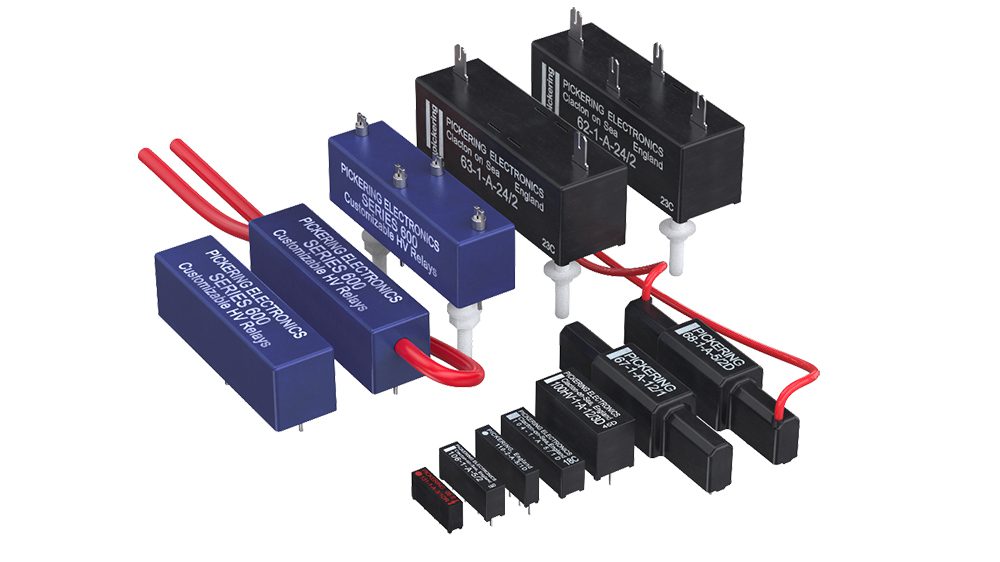






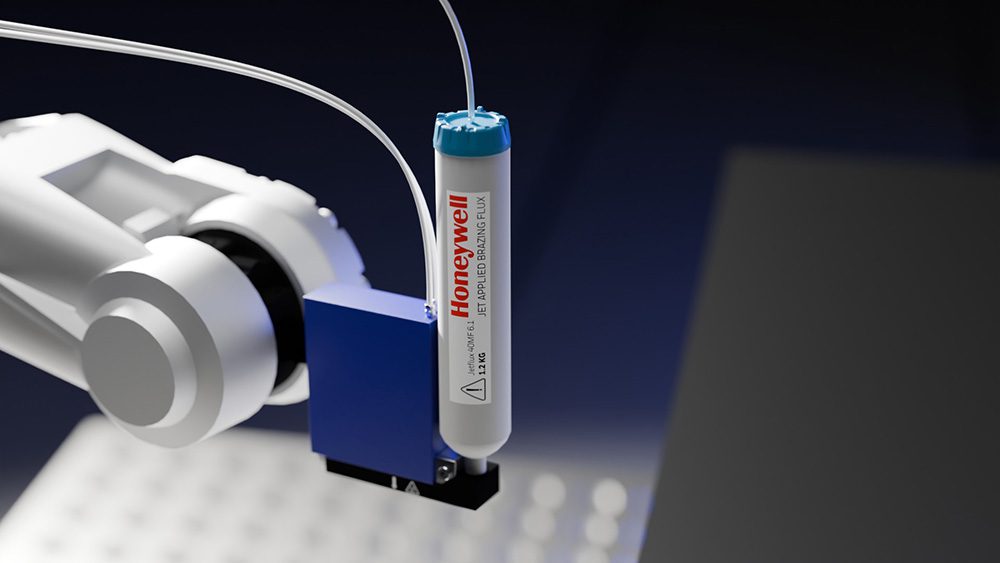

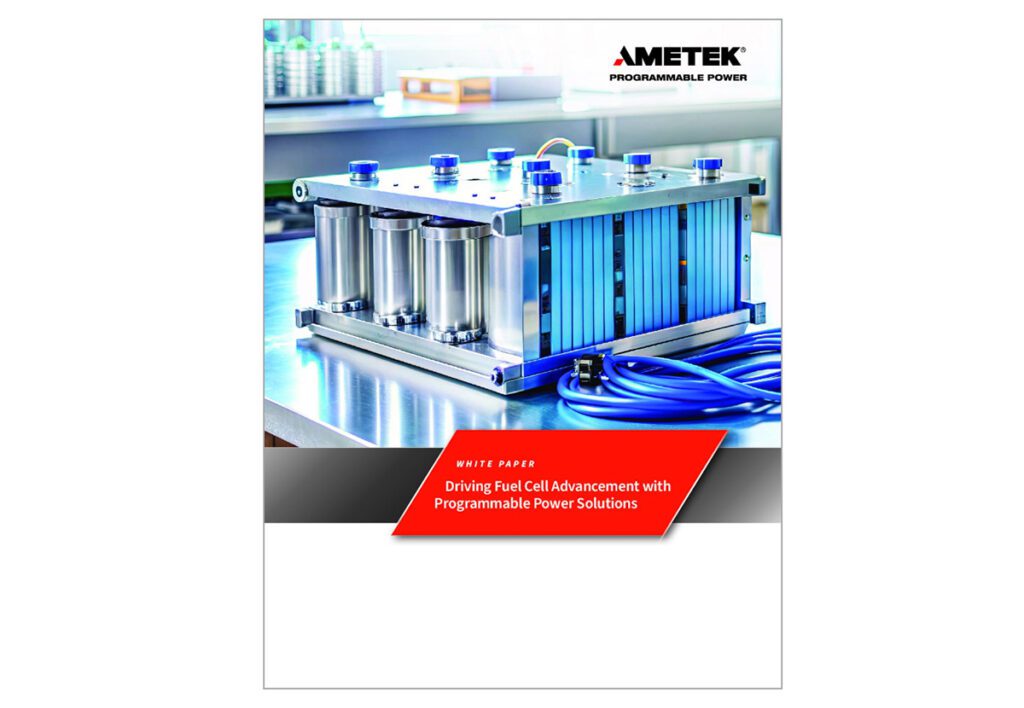
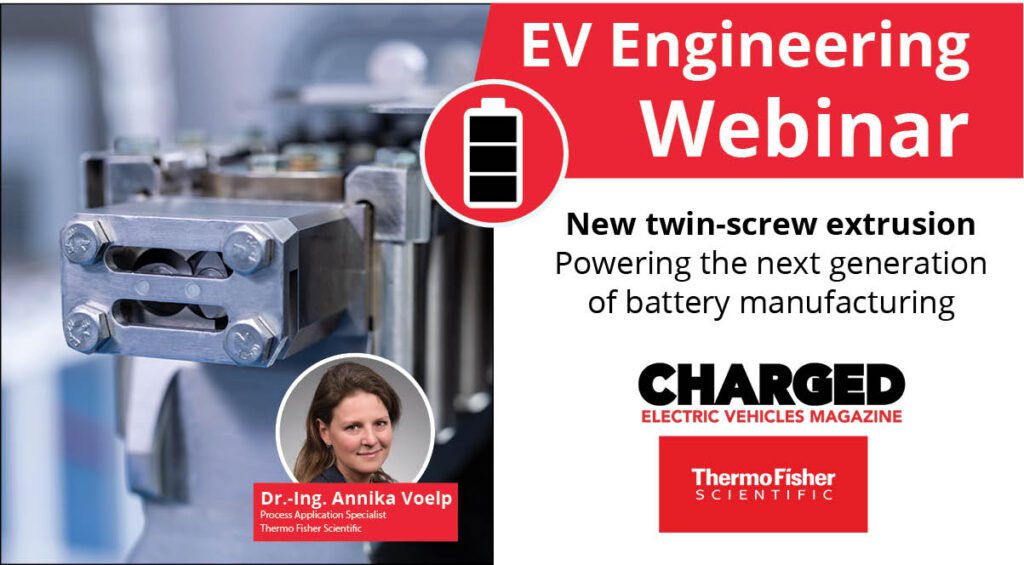





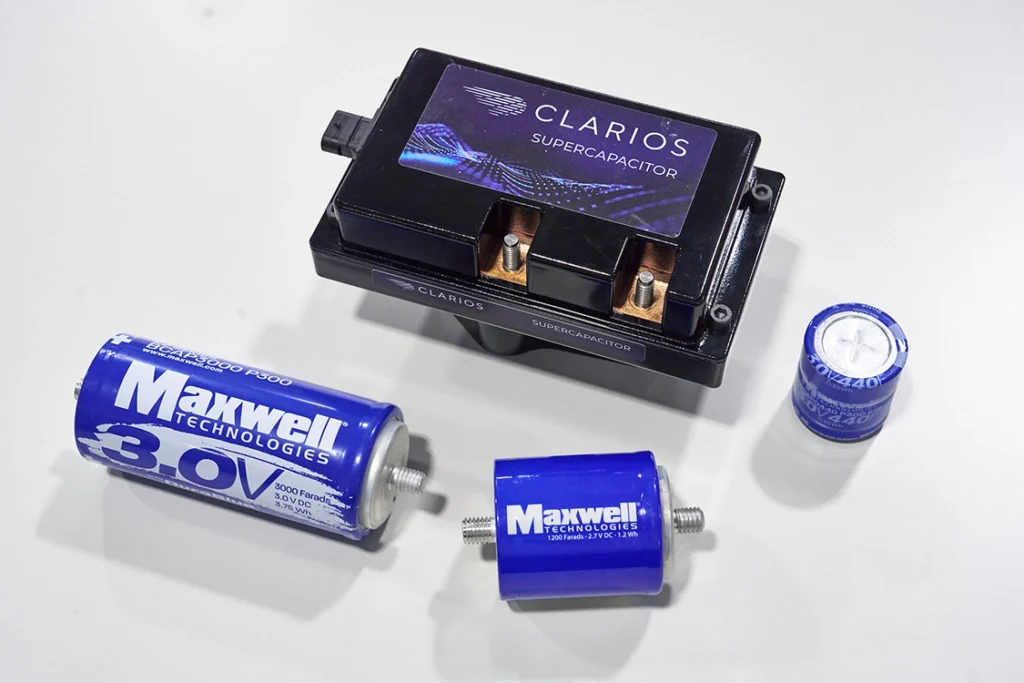

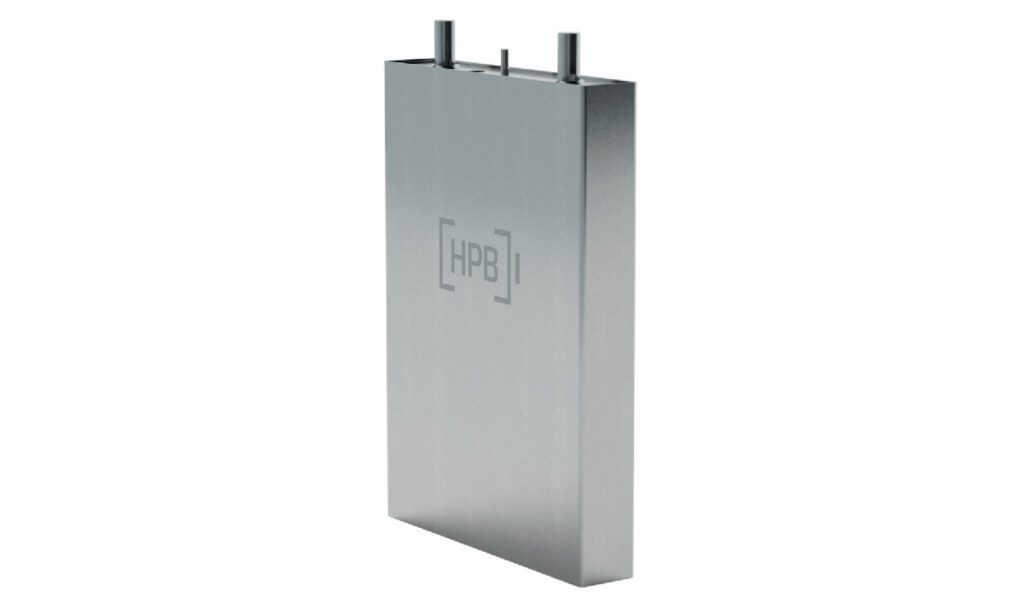
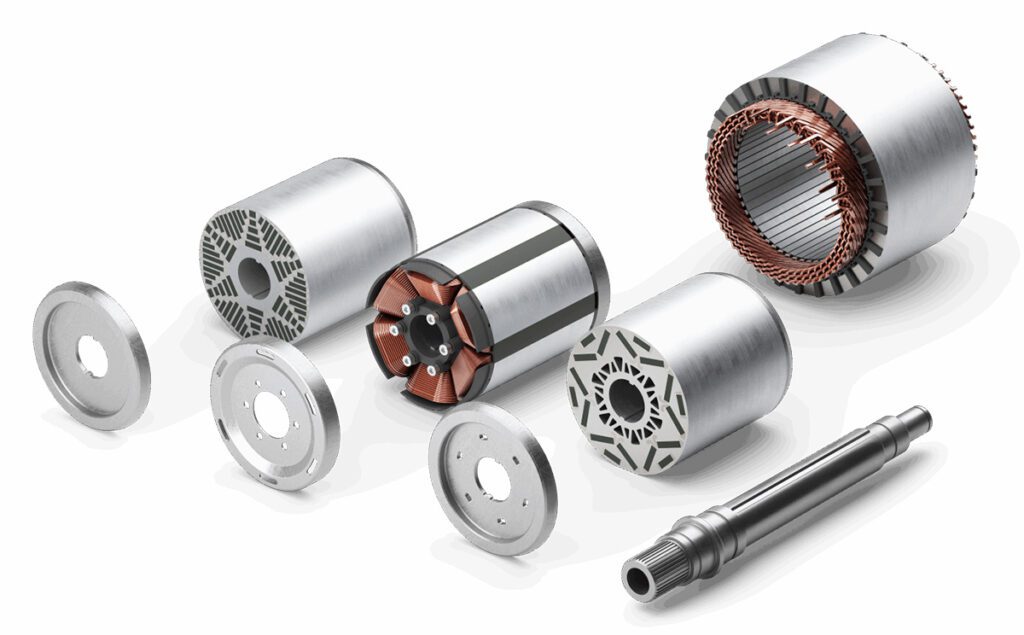
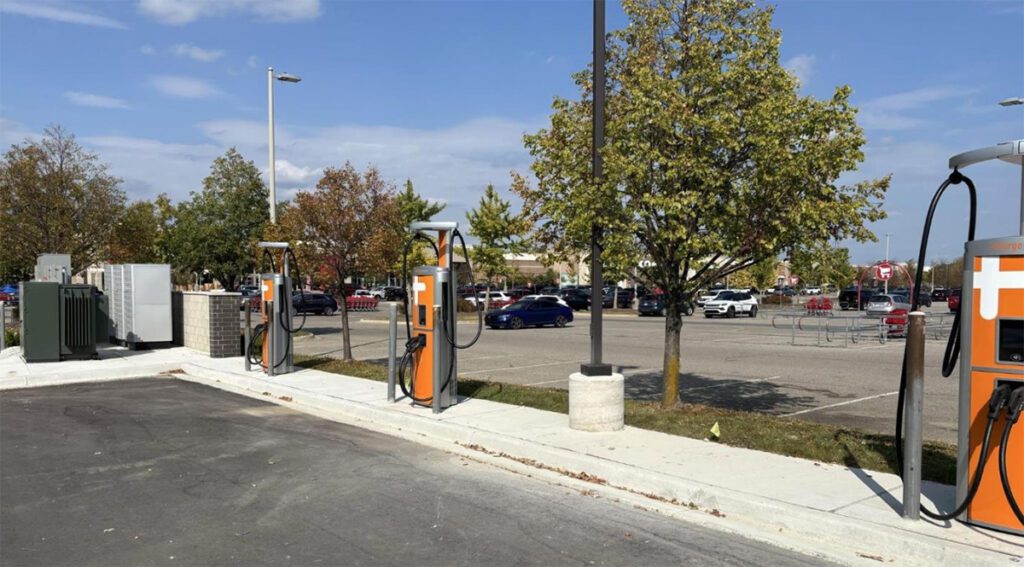
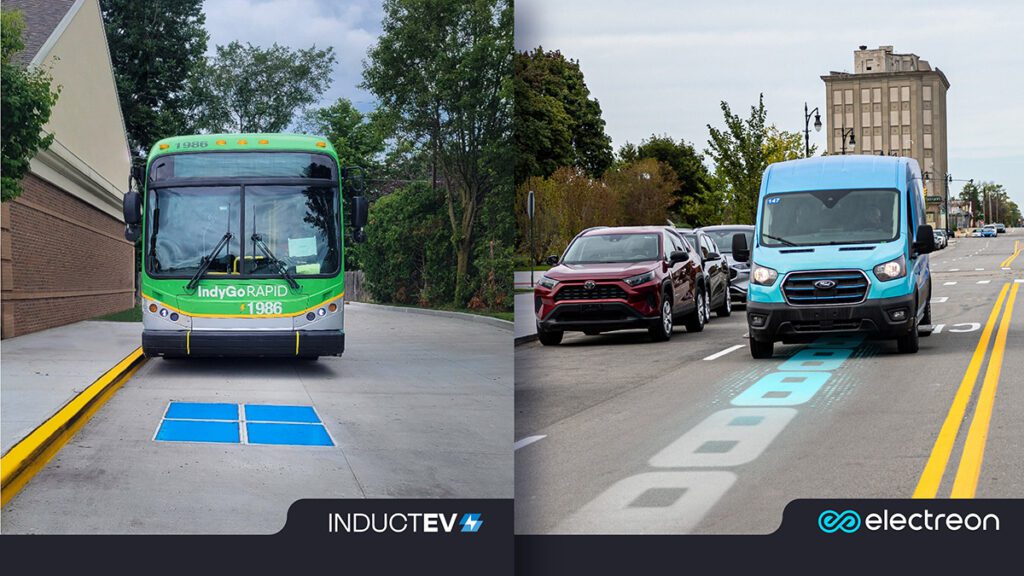


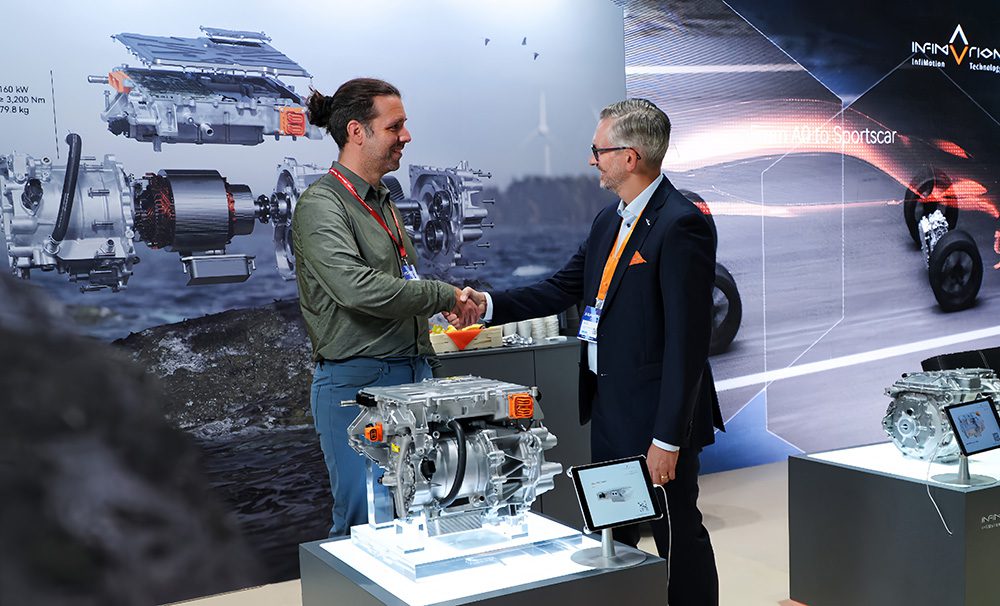
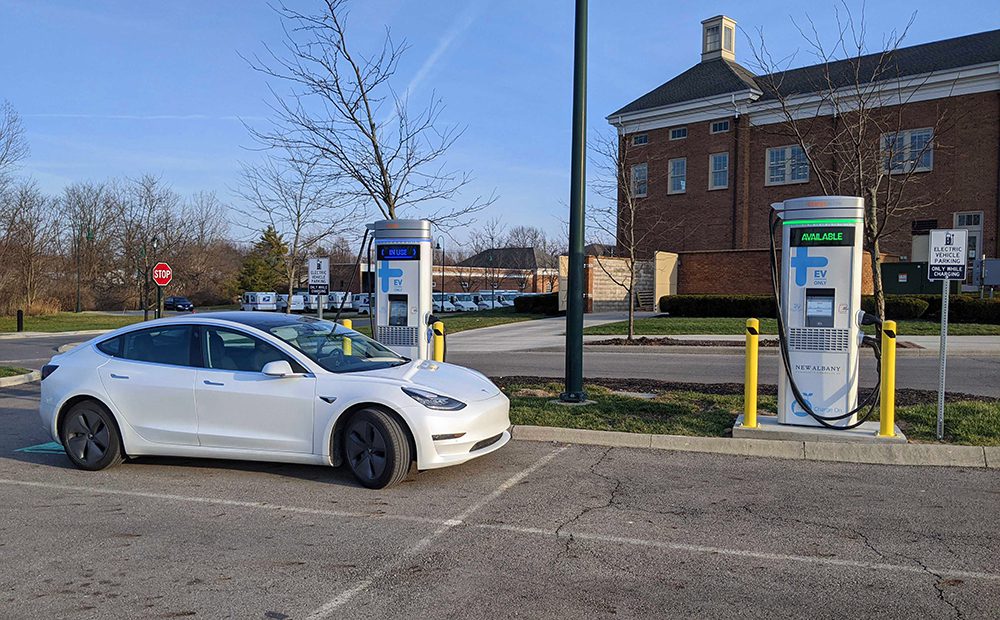

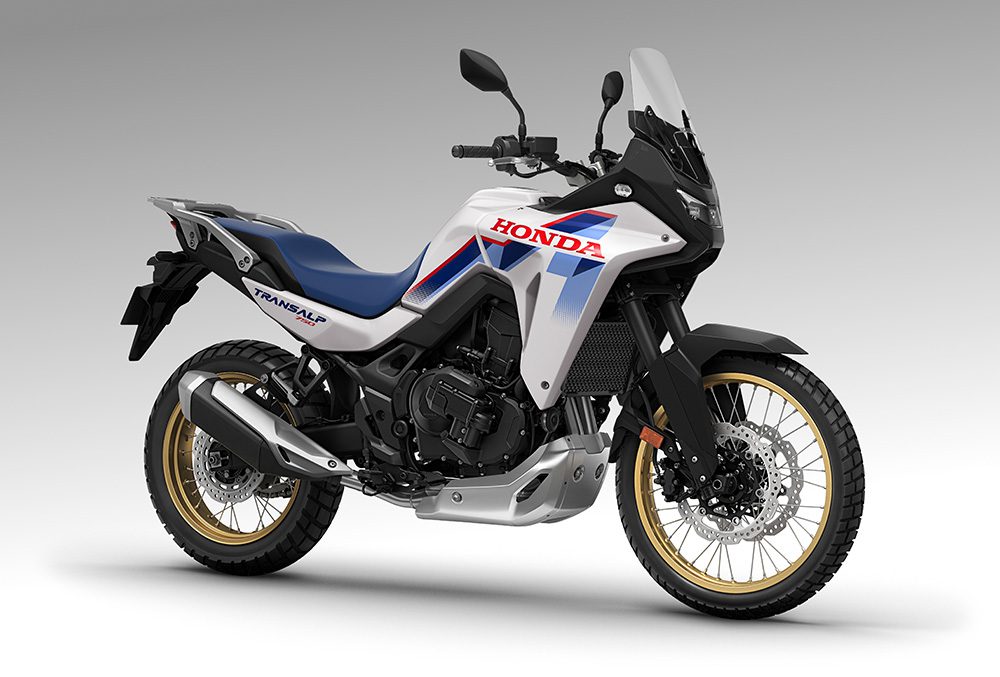
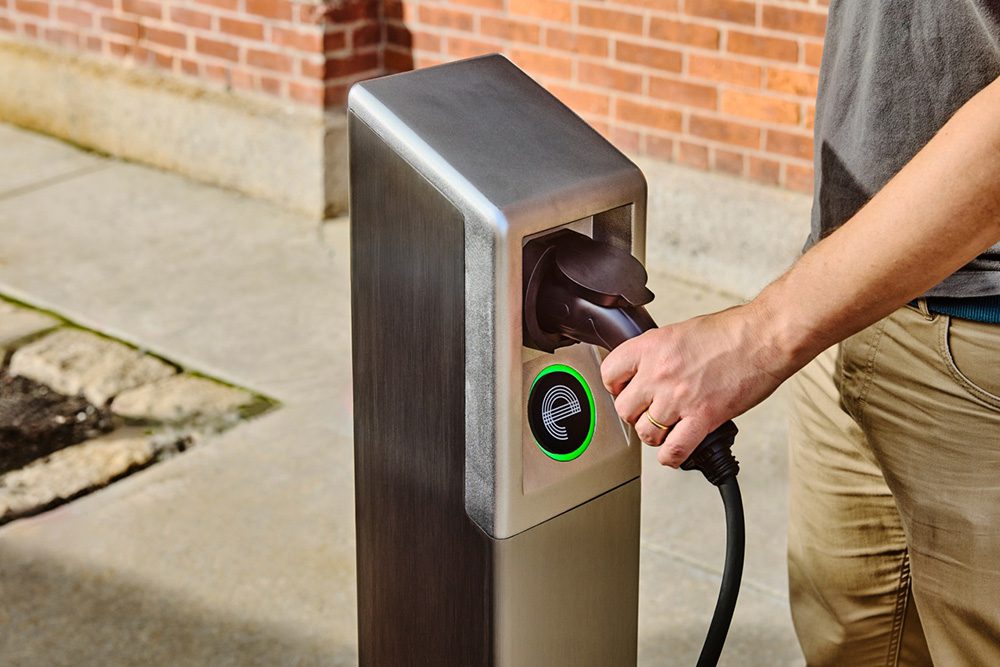


















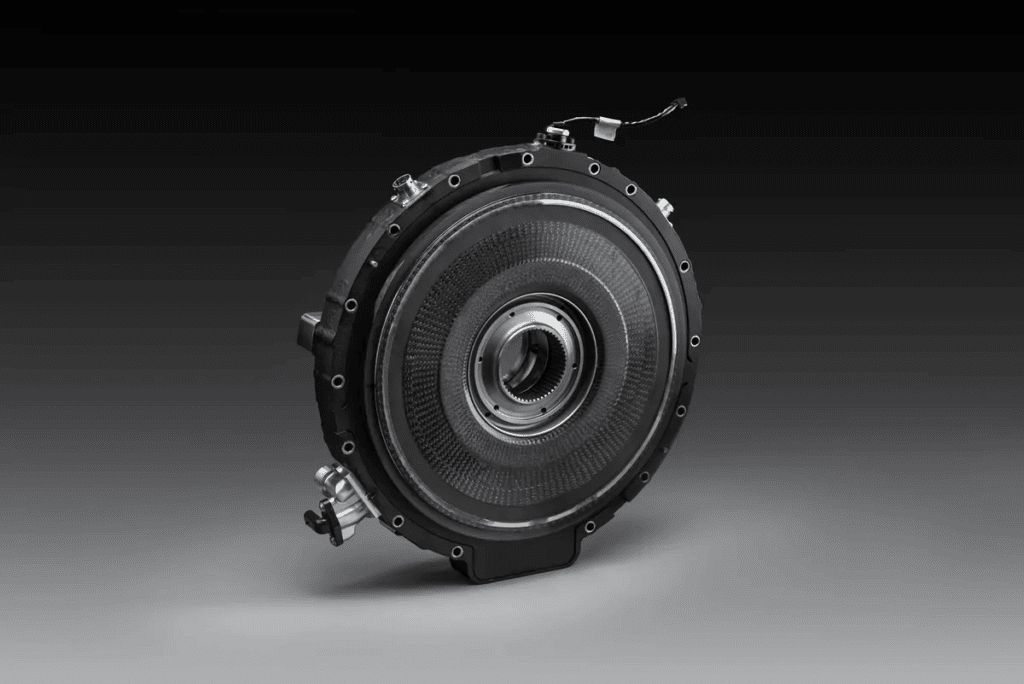
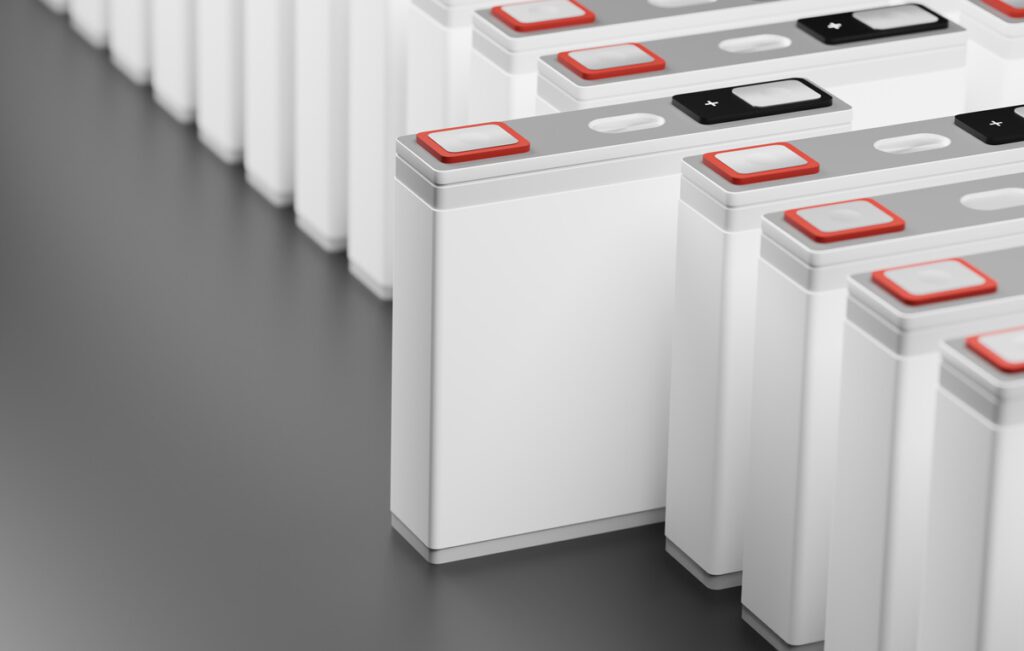
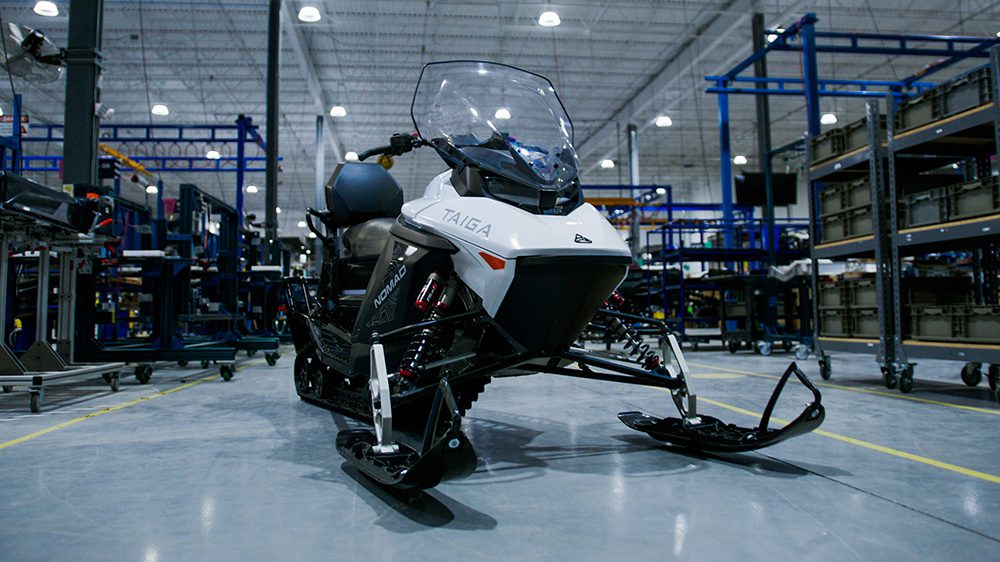
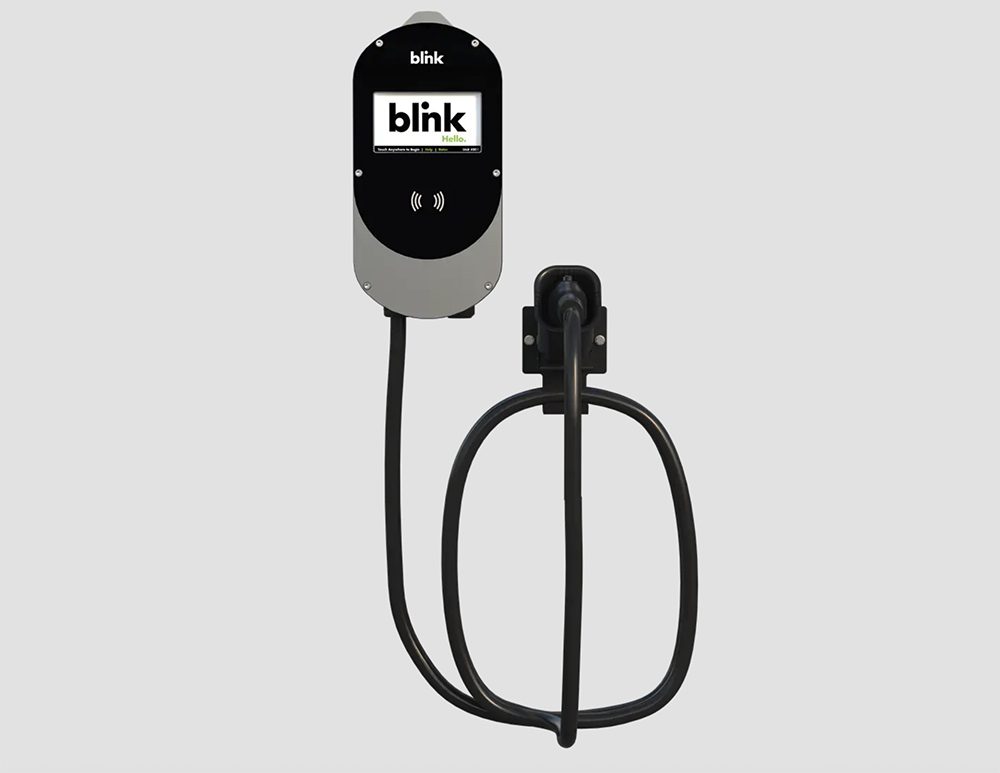
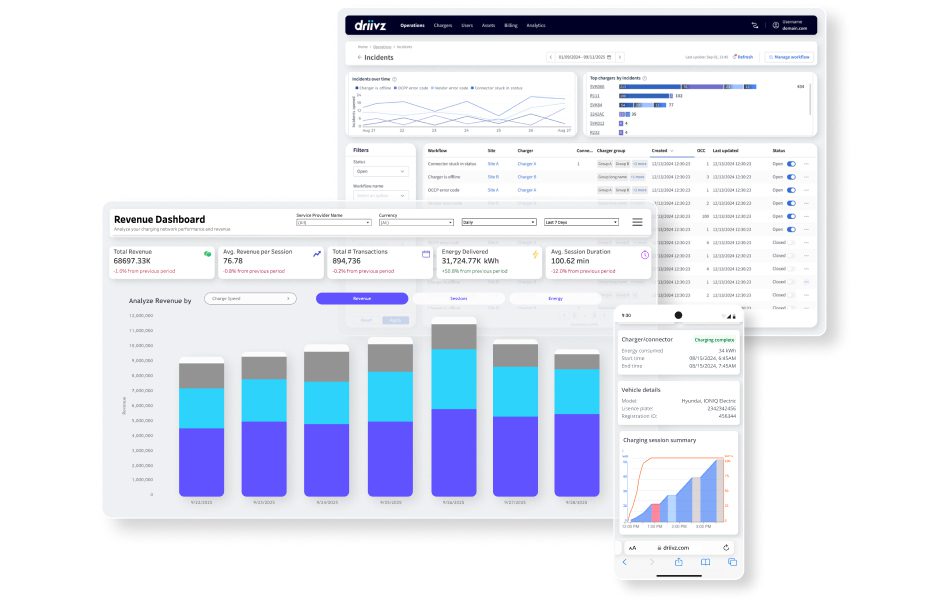
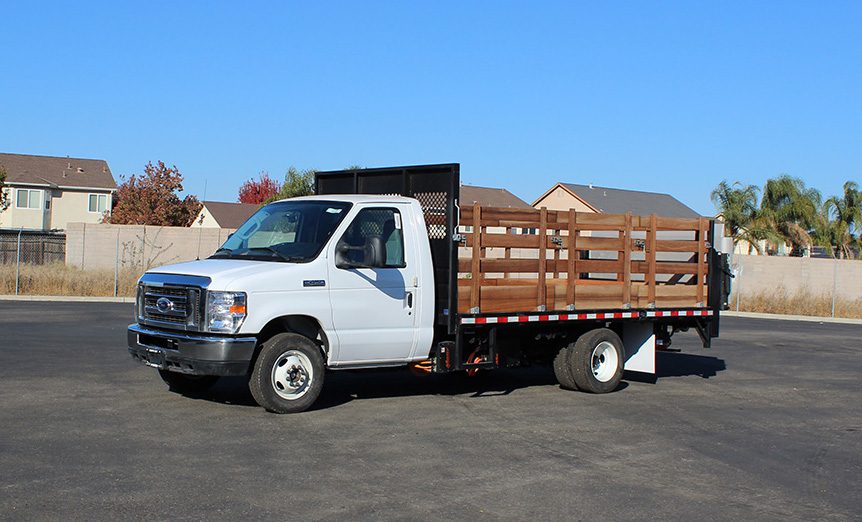

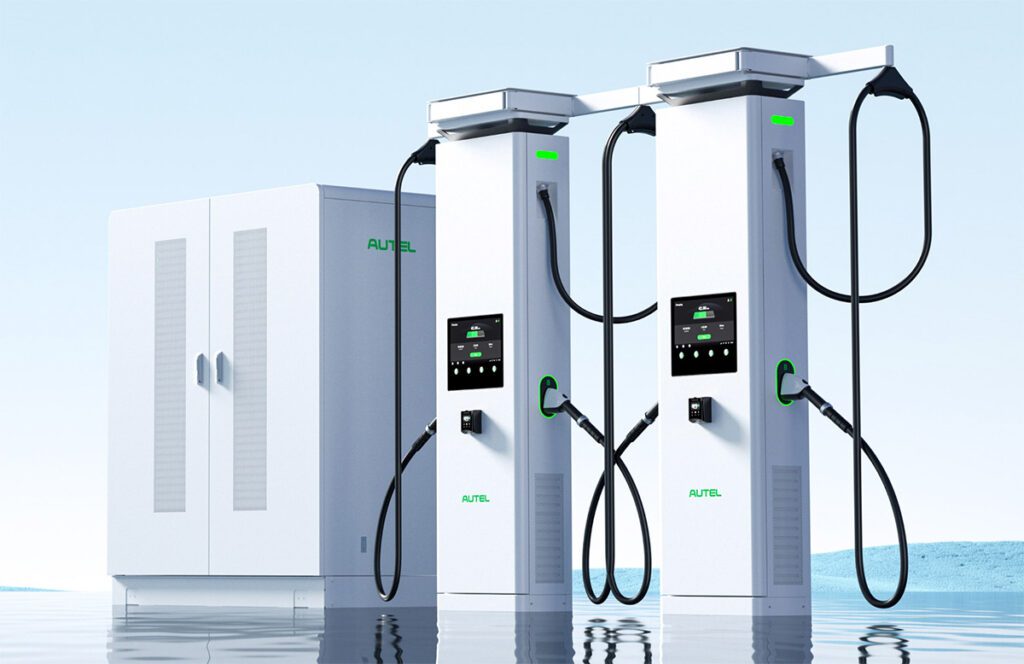
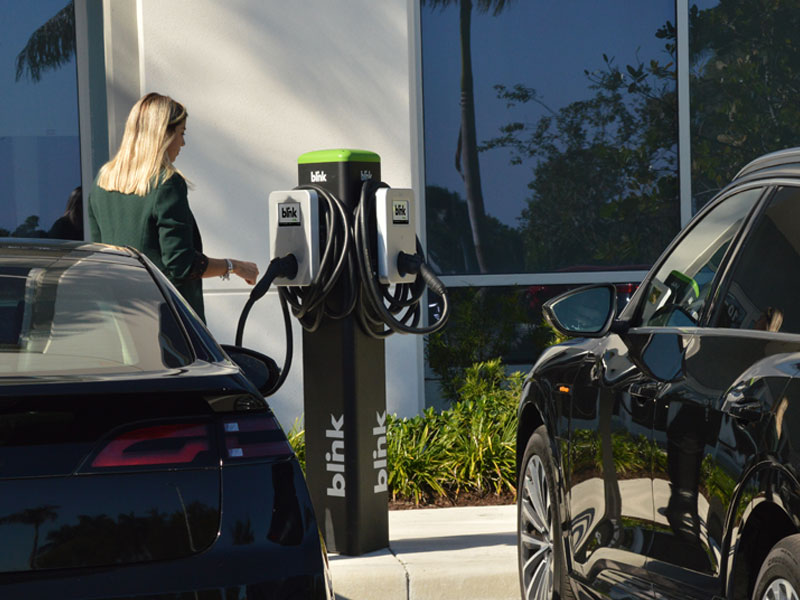
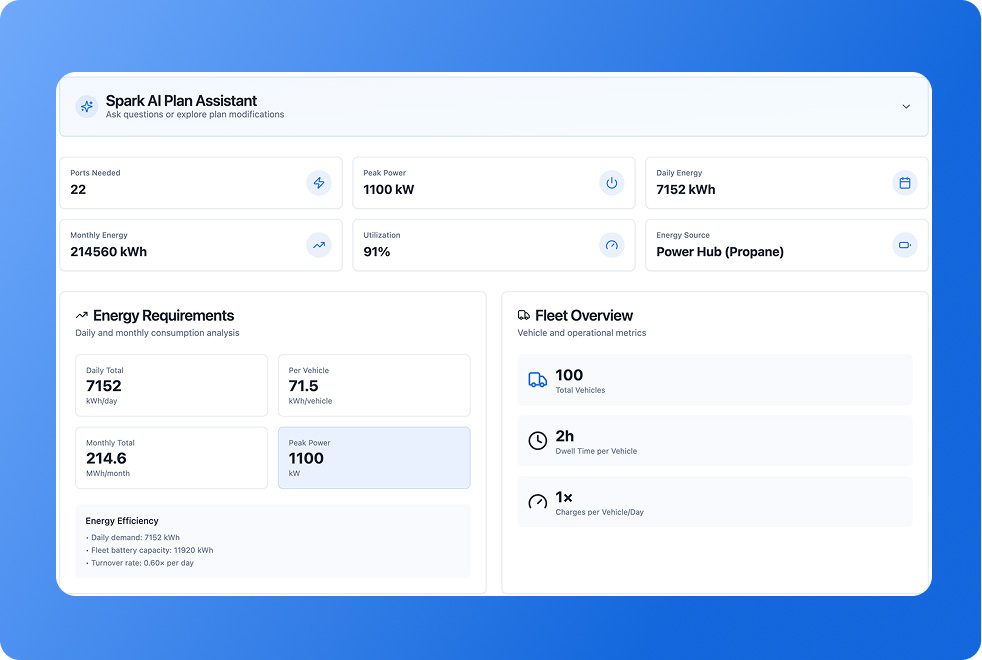
![New York City may replace Central Park’s horse-drawn cabs with electric carriages [Updated]](https://chargedevs.com/wp-content/uploads/2025/09/AdobeStock_273233016.jpg)
